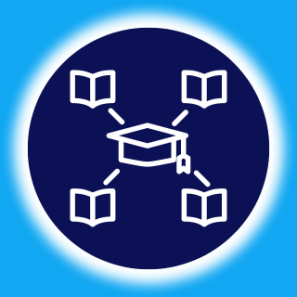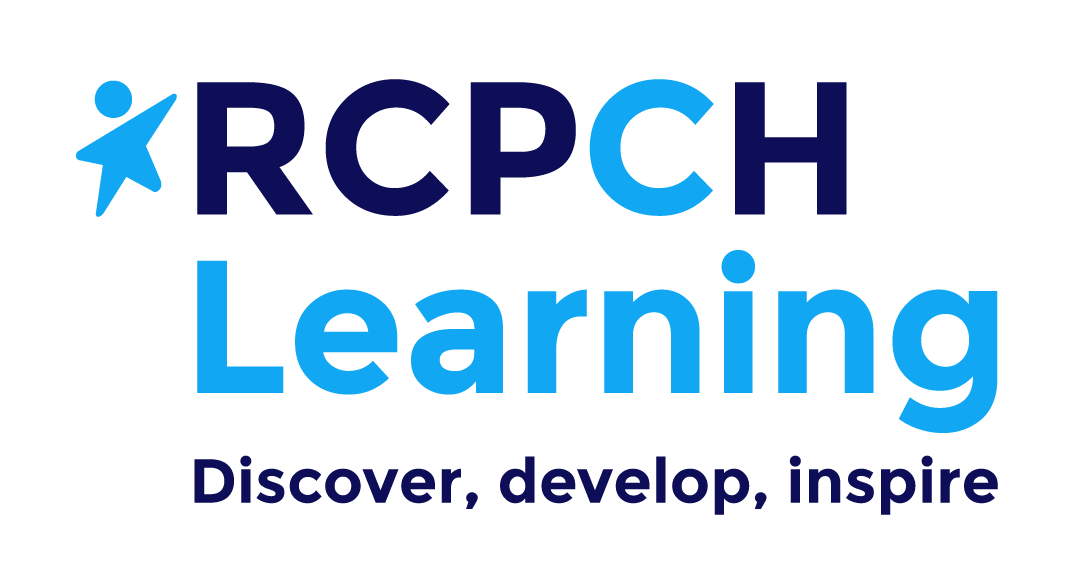How to Manage: Children & Young People seeking asylum & refugees
This course aims to increase awareness, knowledge, skills and confidence to assess and manage the health needs of children and young people seeking asylum and refugees across medical settings.
What is the course about?
Current and previous global events mean an ever-increasing number of CYPSAR in our patient population. CYPSAR present complex health needs underpinned by their vulnerabilities. Health professionals working with CYPSAR must be equipped to identify and address short- and long-term health needs in a multidisciplinary manner.
This course will cover the clinical risk assessment and multidisciplinary approach to the holistic management of CYPSAR.
We aim to increase awareness, knowledge, skills and confidence to assess and manage the health needs of CYPSAR across medical settings.
Target Audience
This course is geared towards Paediatricians, General Practitioners, Nursing staff and allied health professionals involved in assessing the health needs and delivering care for children and young people seeking asylum and refugees (CYPSAR). Participants may have a variety of previous experience and knowledge in managing CYPSAR. We anticipate this training day will be of benefit to all.
Learning Aims, Objectives and Outcomes:
Aim:
This study day will help delegates develop an updated and evidence-based approach to the assessment and management of CYPSAR.
Outcome:
By the end of this course you will be able to:
- Understand the scale and complexity of health needs in the local, national, and global context for CYPSAR.
- Recognise the impact of the refugee and asylum seeking processes on the health of children and young people.
- Recognise the importance of practising trauma informed care, using interpreters appropriately, and achieving effective communication with both CYPSAR and other professionals
- Understand and implement a framework for the initial assessment of CYPSAR.
- Recognise the common physical and mental health needs of CYPSAR and understand how to approach these needs.
- Analyse the key infectious disease risks that affect CYPSAR and the screening processes for these conditions.
- Understand the vulnerable status of CYPSAR and address the safeguarding and ethical aspects of their care
- Recognise the RCPCH’s current position on age assessment in asylum seeking children and understand the scientific and ethical challenges associated with disputed age in asylum seeking and refugee young people.
- Evaluate psychosocial health needs of CYPSAR including the importance of family reunification and their experiences of trauma
- Advocate for appropriate healthcare pathways for CYPSAR in the community, national, and international setting.
- Listen and respond to the voice of young asylum-seekers when accessing health care and addressing their health needs
Faculty Lead

Dr Bhanu Williams
Dr Bhanu Williams is a consultant paediatrician and director of medical education at Northwick Park Hospital in North West London. She is a deputy dean for Health Education England in London.
She has previously served at RCPCH Global Officer, working with the team to grow our programmes to strengthen health systems for critically unwell children in lower income settings.
